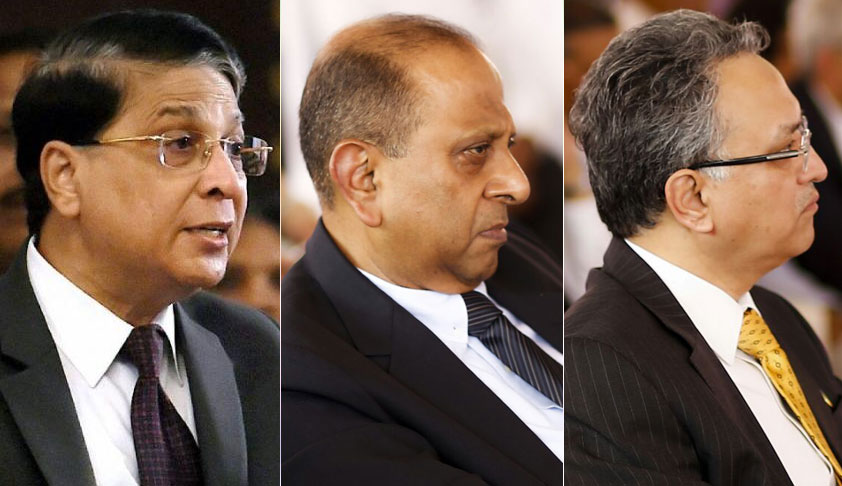- Home
- /
- Top Stories
- /
- Read The Summary Of Cauvery...
Read The Summary Of Cauvery Judgment
LIVELAW NEWS NETWORK
16 Feb 2018 2:59 PM IST
A three-judges bench of Chief Justice Dipak Misra and Justices Amitava Roy and AM Khanwilkar on Friday pronounced the judgement on the Cauvery Water Dispute between the states of Karnataka, Tamil Nadu and Kerala and the UT of Puducherry, partially allowing the appeal preferred by the state of Karnataka in 2007 against the order of the Cauvery Water Disputes Tribunal. The bench directed the...
Next Story



